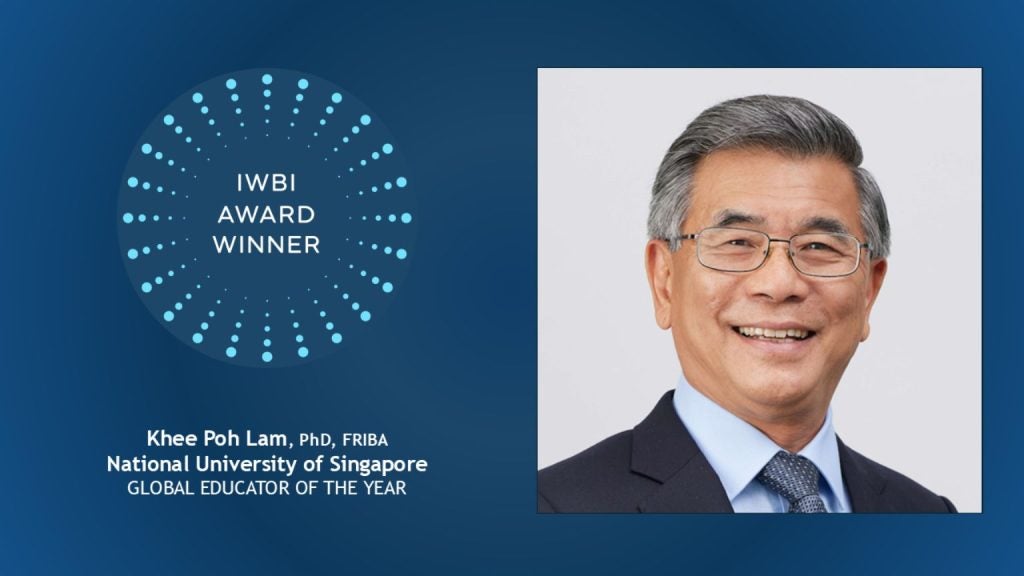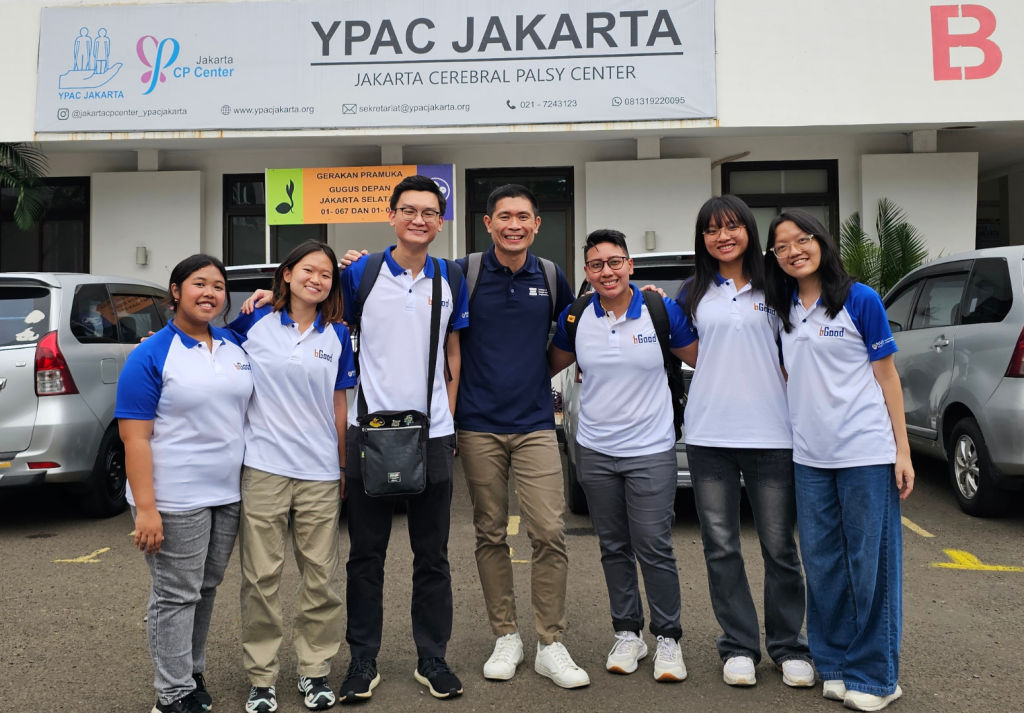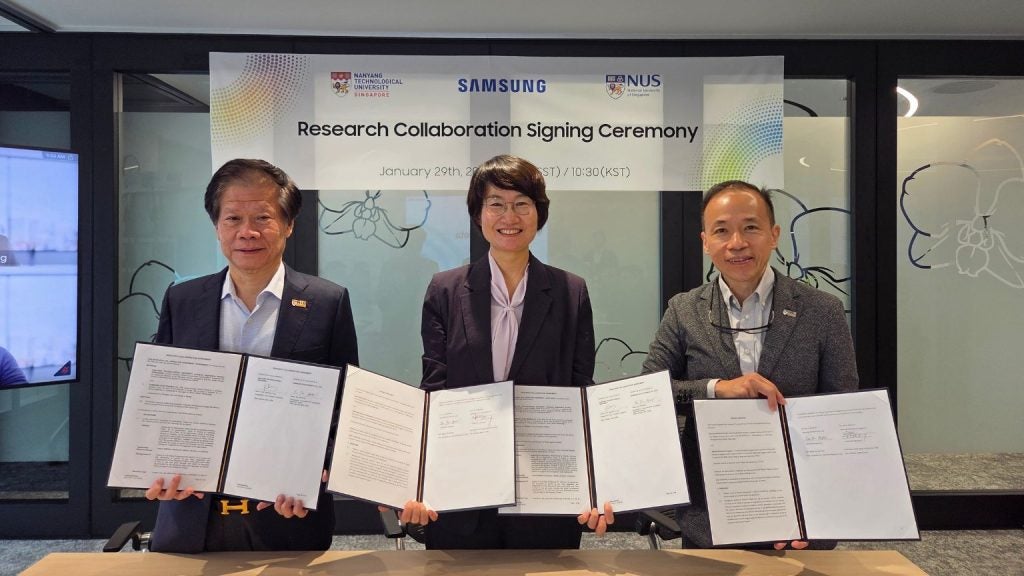
The Singapore National Research Foundation (NRF) Fellowship Scheme is a competitive programme that seeks to attract and recruit outstanding young scientists from around the world to conduct independent research in Singapore.
By building up a pool of bright, passionate researchers in various fields of science and technology, it helps advance Singapore's scientific and technological edge.
This year, Assistant Professor Pieremanuele Canepa from NUS Materials Science and Engineering is one of four NUS researchers awarded this prestigious fellowship with research projects ranging from neuroscience to quantum computing. We look at the exciting research he conducts.
Designing the next-generation of energy storage devices
Asst Prof Canepa applies computational methods to advance the understanding of materials for energy storage and conversion.
"Our research leverages the synergy between materials science, thermodynamics, electrochemistry and the power of supercomputers for the discovery of novel materials and molecules," Asst Prof Canepa explained.
The models derived from his research contribute to the design of new materials for clean energy technologies, such as electrode materials for solid-state batteries.
The main challenges for practical solid-state devices include the utilisation of metal anodes, stabilisation of interfaces and the maintenance of physical contact.
"Utilising modelling, our research attempts to identify the root-cause of these problems, providing viable solutions," he said.
This is an excerpt of an article first published on 28 July 2020 in NUS News.





